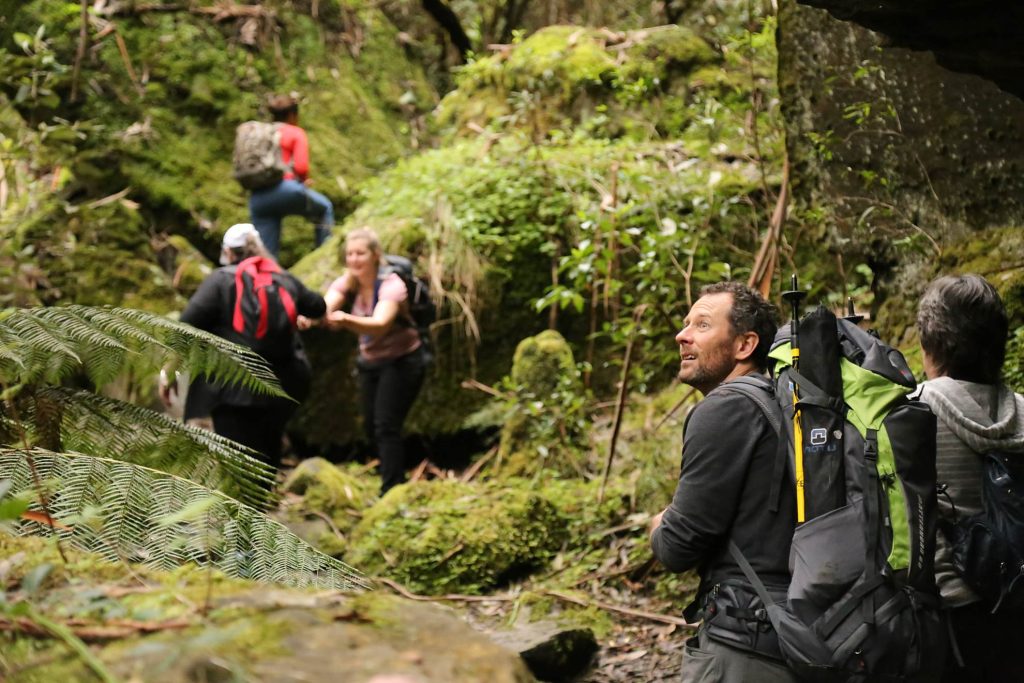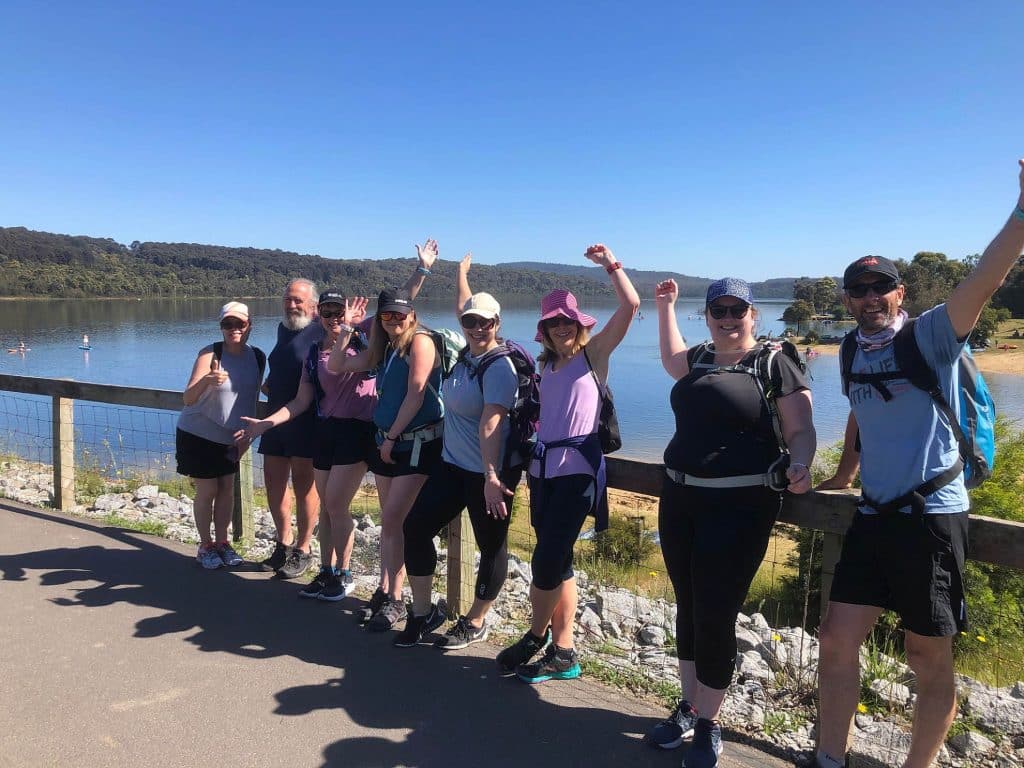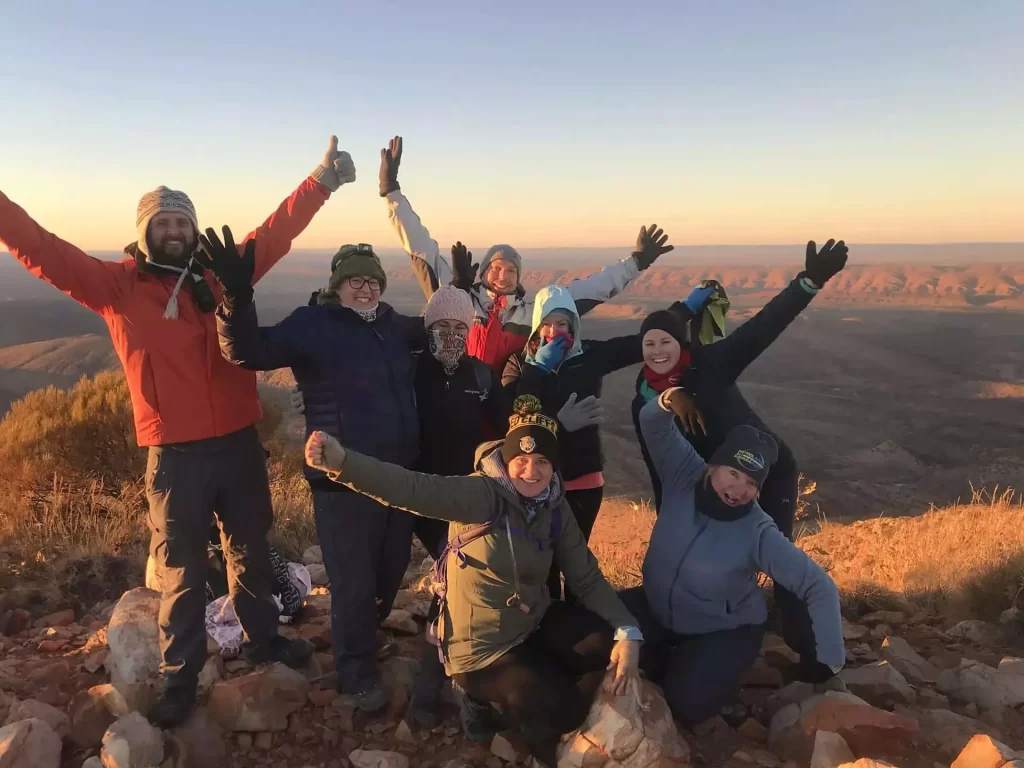Coming from a background in health and fitness, I spent years writing diets and fitness plans based on “shoulds”—should hit this weight, should maintain this heart rate, should look or feel a certain way. For a long time, I believed that ultimate happiness came from comfort and calm. A peaceful, stress-free life seemed like the goal. But while that place of calm is important, especially for recovery, nothing grows there.
Positive psychology has given me the words to describe what I’ve seen over the years: real growth and happiness don’t come from comfort. They come from challenges. It’s not about feeling good all the time; it’s about living a life of meaning and growth. There’s a key distinction between two types of well-being: hedonic and eudaimonic.
Hedonic well-being is about pleasure, comfort, and avoiding pain. Think about the typical goals we set in fitness or diet plans—getting leaner, losing weight, or hitting a specific number on the scale. The focus is often on what feels good or looks good in the short term. But achieving these goals doesn’t always bring lasting fulfillment.


On the other hand, eudaimonic well-being is about living in line with your values, growing through challenges, and finding meaning in the process. It’s about embracing discomfort, knowing that it can lead to something deeper. For me, this became especially clear after I was injured. I couldn’t run or walk for a long time—something that had been a core part of my identity. This injury forced me to rethink everything I knew about happiness and well-being.
Instead of focusing on what I couldn’t do or the goals I wasn’t hitting, I started to ask myself: What is really important to me? What do I value? The shift from purely physical goals—like weight or fitness targets—to values like resilience, courage, and personal growth has given me a deeper sense of well-being.
Positive psychology isn’t about being happy all the time; it’s about thriving, even through discomfort. It’s about seeing the hard times not as setbacks, but as opportunities for growth. This is where post-traumatic growth comes in—the idea that we can emerge stronger, more resilient, and with a clearer sense of purpose after experiencing adversity. My injury, for example, could be seen as just a physical setback, but it was also a turning point that helped me reconnect with my values and what truly matters.
We live in a world that often tells us happiness is about earning more, staying calm, and avoiding stress. This message is safe and comforting, but it misses the mark. Real happiness, real growth, happens in the hard times. Discomfort, challenge, and even failure aren’t inherently bad—they’re part of the journey.


This is why adventure and positive psychology connected so naturally for me. In both fitness and life, it’s not about avoiding challenges, but embracing them. When I began to focus on movement as a joyful expression of living, instead of a punishment or metric, everything shifted. Whether it’s hiking, yoga, or any form of exercise, moving joyfully is a powerful starting point for well-being.
The secret? Make it an adventure. An adventure mindset—one built on resilience and courage—can carry you through times of calm and chaos alike. It’s not about being comfortable; it’s about being open to growth, no matter where it comes from. Movement, when approached with this mindset, can be a gateway to well-being. It pushes you to explore your limits, build connections, and tap into that deeper sense of purpose.
So, here’s the truth: Happiness isn’t just about feeling good. It’s about the courage to face discomfort, grow through it, and ultimately thrive. We’re not meant to stay in a safe, calm space forever. Growth happens when we step outside of it and embrace the adventure.
Work with me by visiting my website HERE


